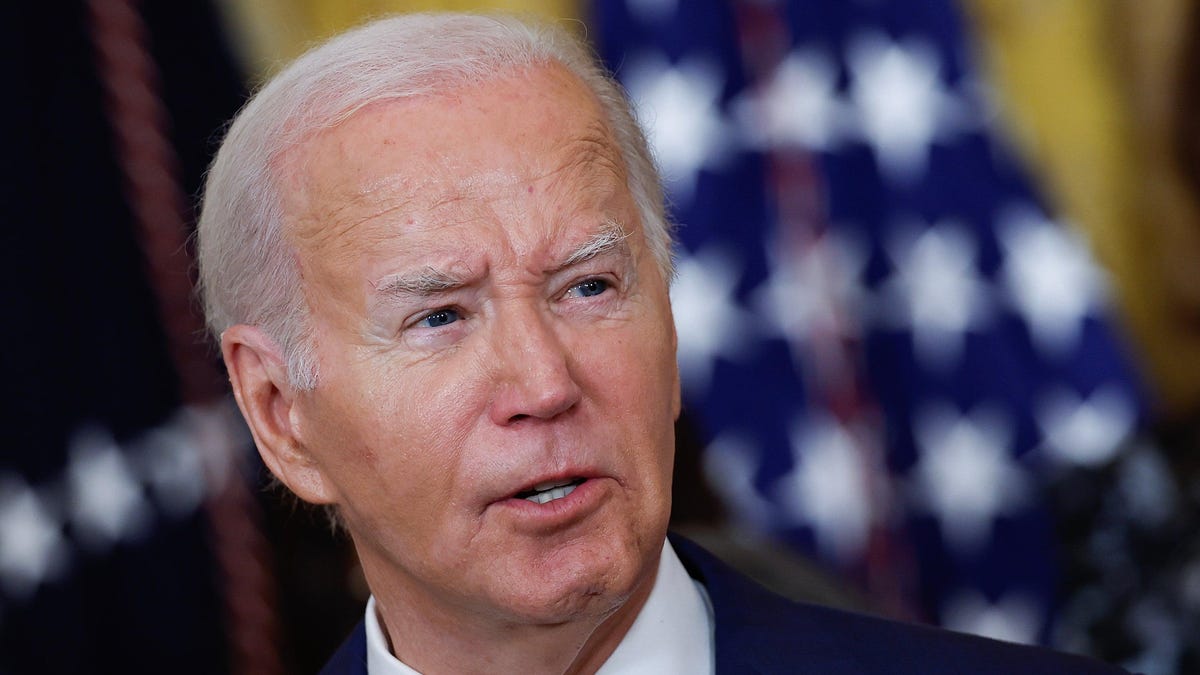President Biden Bans Kaspersky Antivirus Software Over Russia Ties

The United States announced it is banning the sale of antivirus software from the Russian cybersecurity firm Kaspersky Labs on Thursday, according to a release from the Department of Commerce’s Bureau of Industry and Security. Kaspersky’s alleged close ties to the Russian government were found to pose a critical risk. The software’s privileged access to American computer systems could potentially allow Russian actors to steal sensitive information, install malware, or withhold critical updates, sources told Reuters before the official announcement.
Suggested Reading
Suggested Reading
The Russian cybersecurity firm has struggled to regain its international reputation since the United States banned Kaspersky from the federal government’s computers in 2017. At the time, hackers reportedly used Kaspersky software to steal sensitive NSA documents, and Russian agents were said to use the software as a personal back door. Roughly seven years later, Biden is using broad powers created by the Trump administration to ban it nationwide. Alongside the ban, the Biden administration is adding Kaspersky to a trade restriction list, which could hamper its international reputation and sales even further.
Advertisement
Commerce Secretary Gina Raimondo announced the restrictions on a press call with reporters on Thursday. Raimondo said the ban was the “first of its kind,” and that this was the result of a thorough investigation into the firm’s ties to Russia.
Advertisement
“Russia has shown time and again they have the capability and intent to exploit Russian companies, like Kaspersky Lab, to collect and weaponize sensitive U.S. information, and we will continue to use every tool at our disposal to safeguard U.S. national security and the American people,” Raimondo said in the press release
Advertisement
Kaspersky’s new U.S. sales will be blocked after 30 days. After 100 days (Sept. 29), the restrictions will also bar downloads of software updates, resales, and licensing of the product. Products that integrate Kaspersky into their software, but sold under a different brand, will also be barred.
Kaspersky has spent the last seven years denying any ties to the Russian government. The CEO, Eugene Kaspersky, at one point offered to turn over his company’s source code to the United States government. The effort did little to win the trust of any government officials.
Advertisement
“The Department of Commerce’s decision unfairly ignores the evidence,” said Kaspersky in a statement to Gizmodo. “The company intends to pursue all legally available options to preserve its current operations and relationships.”
Kaspersky reportedly has more than 220,000 corporate clients in 200 countries, and lists Volkswagen as one of its largest customers on its website. The antivirus software company has operations in Massachusetts.
Advertisement
In 2019, the story around Kaspersky deepened when a Russian court convicted a senior researcher at the company for treason in the interest of the United States. Ruslan Stoyanov, the former head of the computer incidents investigation team at Kaspersky Labs, is in the midst of serving a 14-year prison sentence.
The authority Biden is using to ban Kaspersky is a relatively new power of the executive branch. Former President Donald Trump attempted to use the same power to ban Americans from using Chinese social media platforms TikTok and WeChat, but he was stopped by federal courts. In that case, and this one, the executive branch is theoretically allowed to ban or restrict technology from “foreign adversary” nations.
READ MORE HERE
